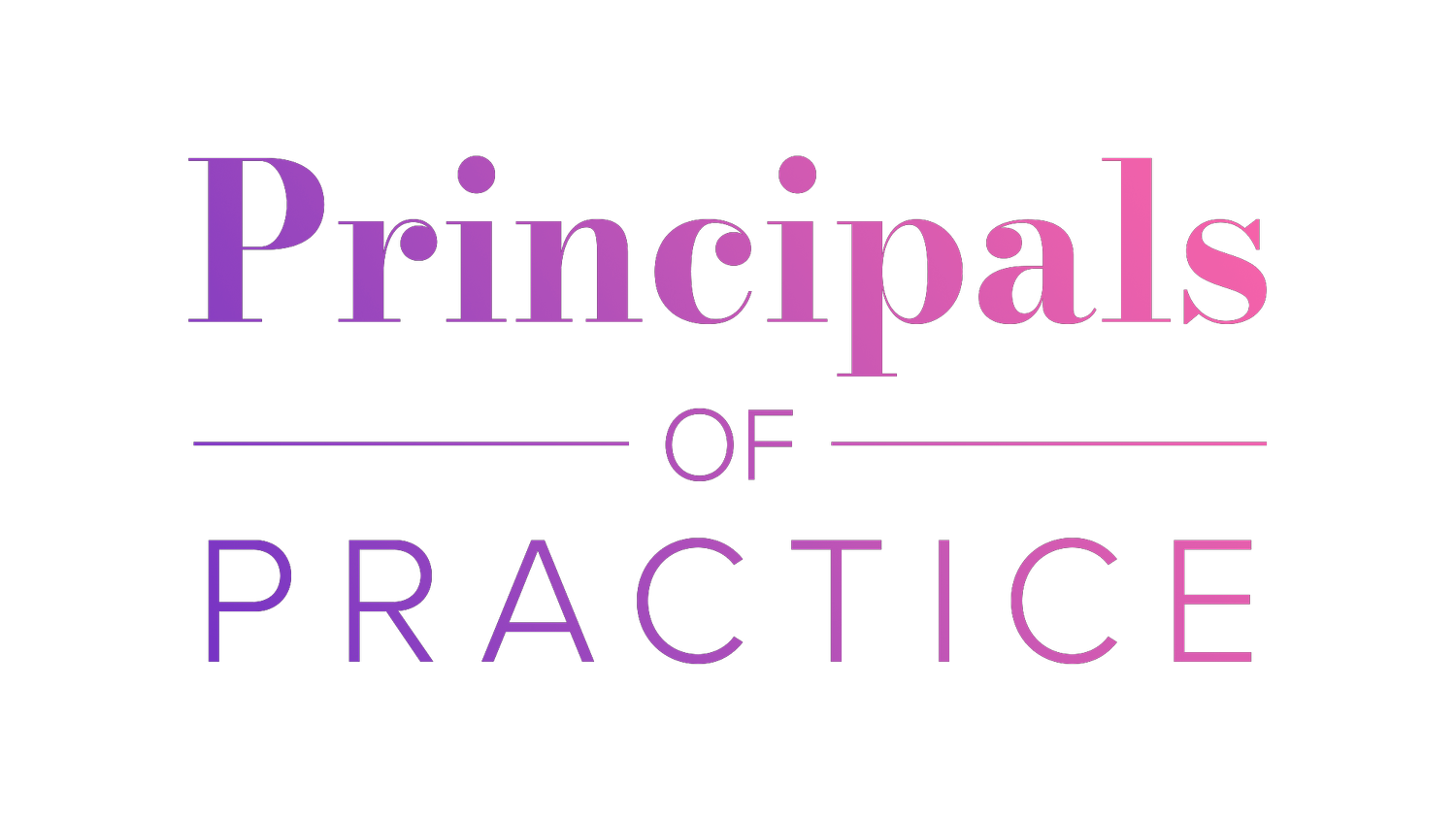The Ugly Truth about Greatly Admired Leaders
Leadership is top of mind in the global arena. This year we have yearned for effective and inspiring leaders and in many cases, we were left wanting.
Most of us desire leaders who inspire but when does that inspiration start to look more like adulation or hero worship? And if it does, is this something we should be concerned about?
Hero worship and its inevitable successor, “the almighty fall from grace”, can present itself in the workplace when you’re led by someone who oozes charisma, always knows how to handle a situation and consistently makes what you perceive to be “the right decision”, that is – until, they don’t. And when that happens, they fall so hard from the pedestal you placed them on that you are left to pick up the pieces of disbelief, self-doubt or even feelings of betrayal.
In the lead up to New Zealand’s general election I was watching one of the debates between Jacinda Ardern and Judith Collins. I’ve been a big fan of Jacinda’s, particularly her leadership style, for a few years now so when her responses to a couple of the questions started to make me feel something I can only describe as betrayal, I was taken aback.
The weird thing was that if Judith Collins had said the same things, I would not have flinched. I became really curious as to why this was happening and I remembered another scenario from primary school when a much-loved teacher of mine, who mistakenly thought I had been talking in class, scolded me and made me sit in the doorway as punishment.
In both scenarios, two women I greatly admired had let me down by doing or saying something that was, in my view, unexpected and unfair. I adored them so much that my expectations of them had become unrealistic and unreasonable.
I became curious about what drives people to adulate their leaders and what drives leaders to want to be idolised.
As psychotherapist Naomi Shragai put it in her 2016 Financial Times article How Not to Worship Your Boss: “Such adoration is a mutual relationship with distortion on both sides, where a person’s need for admiration is fuelled by the need of admirers to see their leaders as exceptional. Such admirers often have dependent personalities whose craving for emotional security blurs their perceptions of a leader’s limits and capabilities.”
Save me: the hero complex serves the leaders and followers
That final sentence stopped me in my tracks. The school days incident took place during my parents’ divorce when I was no doubt craving emotional security and the election debate happened during one of the most emotionally vulnerable times for society in my lifetime.
Forensic psychologist Thomas A Caffrey has been quoted in journalist Coeli Carr’s New York’s Times article on this topic as saying: “If someone is craving a father figure, they will be drawn more readily to a charismatic kind of leader”. Often, the employee believes the boss will pave the way to success and may even regard them as a family member.
The dangers of idolising your boss
According to research* , boss worship can result in:
Being tempted to deviate from your own values and ethics in order to please the boss (whether that’s laughing at their offensive jokes or turning a blind eye to behaviour that should otherwise be confronted).
An unwillingness to question a boss who is heading into unethical territory.
Covering up mistakes for the boss.
Failing to put across your own capabilities or ideas in the belief that the boss will inevitably have a better solution.
A boss feeling like they have to live up to superhuman status to the extent they can’t be vulnerable or ask for help.
A boss struggling to have difficult conversations for fear of not being liked.
Not receiving constructive feedback from staff, peers and other colleagues because they find it difficult to criticise the boss.
Overall, one of the biggest casualties of boss hero worship is the workplace relationship itself. Boss idolisation can destroy relationships. Annie McKee highlights the concept of favourtism and points out that if you are an obvious favourite of the boss, others in the team feel can excluded. Further, in a warning from McKee about the link between playing favourites and scapegoating, a boss who is inclined this way is also likely to distance himself from you, or even blame you, when problems arise.
Breaking a fall from grace
Just as a boss has a professional responsibility to keep impartiality to preserve the space of authority, staff might also consider their place in the relationship. Some emotional distancing is important in order to keep professional boundaries from both sides. Placing anyone on a pedestal – a boss, teacher or a politician – can only lead to a fall from grace when they make a move you’re not comfortable with. When both parties are able to constructively criticise and provide feedback to each other, you could consider this a barometer to a healthy and respectful working relationship.
*Drawing on research from Annie McKee, Coeli Carr and Naomi Shragi

